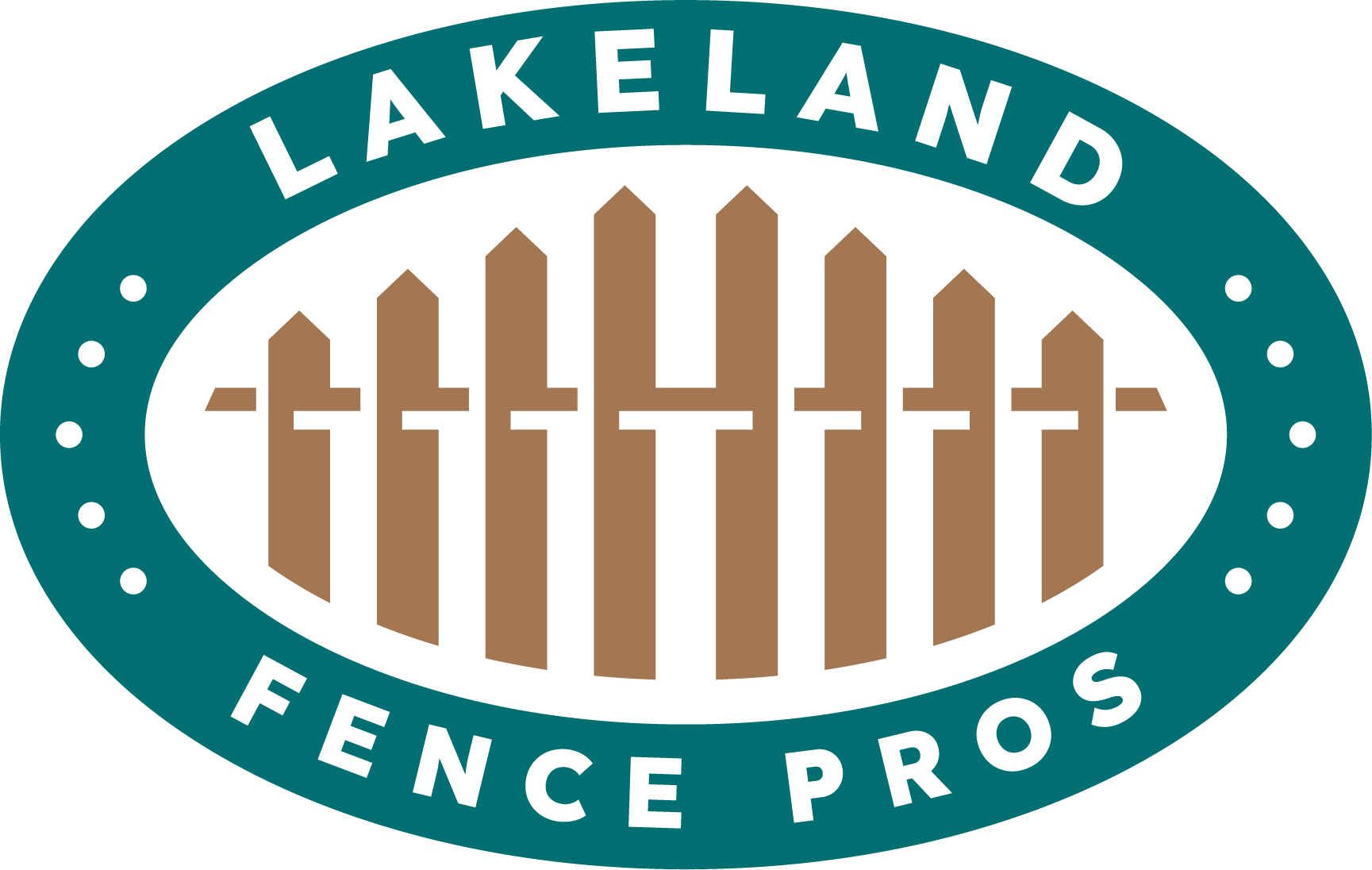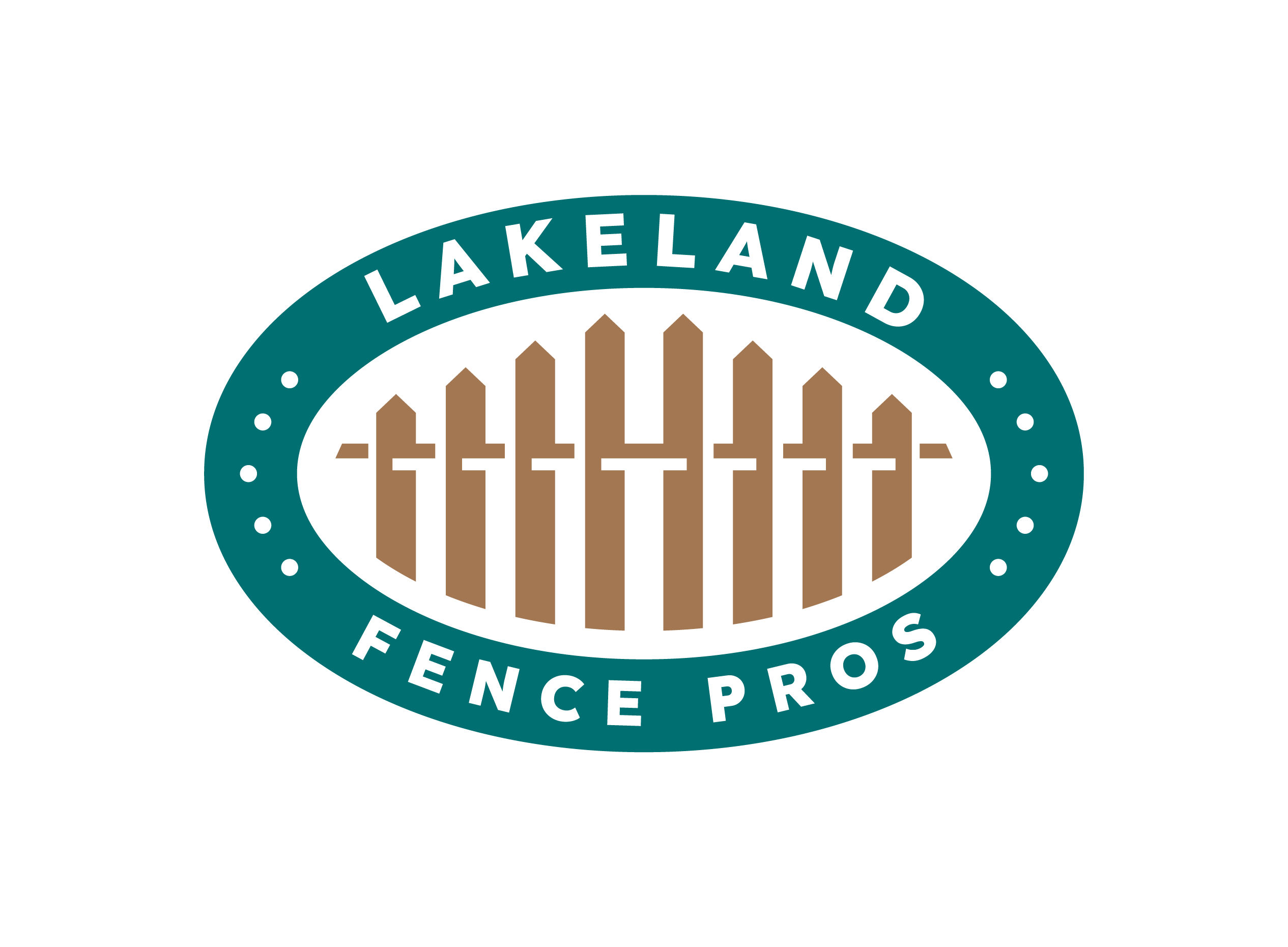In Lakeland, Florida, and throughout Polk County, property owners face a common challenge: securing land while staying cost-effective. Whether you manage a farm, operate a commercial storage yard, or own a large residential lot, keeping boundaries protected is essential. Barbed wire fencing has long been one of the most trusted solutions for rural and semi-urban communities across Central Florida.
Barbed wire fence installation is practical, durable, and highly effective in deterring trespassers while containing livestock. At Lakeland Fence Pros, we help homeowners, ranchers, and business owners select and install barbed wire fences designed to withstand Florida’s hot sun, heavy rains, and hurricane winds.
This guide will walk you through everything you need to know about barbed wire fences — from benefits and planning to installation and long-term maintenance — so you can make the best decision for your property.
Benefits of Barbed Wire Fencing in Central Florida
Barbed wire fencing has stood the test of time for good reason. Here are some of its top advantages for property owners in Lakeland and Polk County:
-
Cost-Effective: Compared to other high-security fencing, barbed wire is affordable to install and maintain.
-
Durability: Designed with galvanized steel, it resists rust, rain, and Florida’s humid climate.
-
Security: The sharp barbs act as a deterrent, making it difficult for intruders to climb or cut through.
-
Livestock Control: Farmers in Polk County rely on barbed wire to safely contain cattle, horses, and other animals.
-
Low Maintenance: With proper installation, barbed wire requires minimal upkeep, making it a long-term investment.
Whether for agricultural use or commercial protection, barbed wire remains one of the most efficient fencing solutions available.
Step 1: Planning Your Fence Layout
Before you begin, planning is critical. Walk your property and mark the boundaries where the fence will go. In Lakeland and surrounding towns like Winter Haven, Auburndale, and Plant City, zoning regulations and property lines must be respected.
-
Measure the total length of the fencing area.
-
Decide where gates or access points will be installed.
-
Take note of natural obstacles like trees, rocks, or uneven ground.
-
Verify local building codes to ensure compliance.
Good planning prevents costly mistakes later and ensures the fence meets both functional and legal requirements.
Step 2: Marking Post Locations
Once the layout is set, mark the exact positions of your fence posts.
-
Corner posts provide stability and must be strong.
-
Line posts should be evenly spaced, typically 8–12 feet apart.
-
Gate posts must be positioned for smooth entry and exit.
Drive stakes into the ground where each post will go and run string lines to maintain alignment. This step guarantees your fence will look professional and function correctly.
Step 3: Digging and Setting Corner Posts
Corner and gate posts bear the most tension, so they must be set deep.
-
Dig holes about one-third the length of the post.
-
Use a post hole digger or auger for efficiency.
-
Set posts in concrete for maximum strength.
Allow the concrete to cure fully before attaching barbed wire. This foundation ensures your fence won’t sag or lean over time.
Step 4: Installing Line Posts
With the corners secure, add line posts along the string guideline.
-
Space posts evenly at 8–12 feet apart.
-
Drive them into the ground with a post driver or sledgehammer.
-
Check each post with a level for vertical accuracy.
Proper spacing keeps the wire tight and the fence stable.
Step 5: Attaching Brace Wires
Brace wires provide diagonal support to corner posts, preventing them from pulling inward under tension.
-
Run heavy-gauge brace wire from the top of the corner post to the bottom of the next line post.
-
Tighten with a fence tensioner.
This reinforcement step is especially important in Polk County, where sandy soil and heavy winds can stress fencing systems.
Step 6: Stretching and Installing Barbed Wire
The most critical stage is stretching the barbed wire.
-
Unroll the barbed wire along the fence line.
-
Attach one end to the corner post with staples or wire ties.
-
Use a fence stretcher to pull the wire tight.
-
Secure the wire to line posts with clips or staples.
Proper tension prevents sagging and ensures the fence remains effective in deterring intruders and containing livestock.
Step 7: Adding Multiple Strands for Security
Barbed wire fences typically use 3 to 5 strands depending on the purpose.
-
Agricultural fencing: 3–4 strands spaced evenly.
-
High-security fencing: 5 or more strands for maximum deterrence.
Space strands consistently and check alignment as you work down the fence line.
Step 8: Gate Installation & Entry Points
Every fence needs controlled access. Install gates at strategic points:
-
Use heavy-duty gate posts for support.
-
Hang gates so they swing freely without dragging.
-
Secure latches with padlocks or access control systems for commercial properties.
Lakeland Fence Pros installs gates designed for durability and ease of use, whether for vehicles, livestock, or pedestrians.
Step 9: Inspection and Adjustments
After installation, inspect the entire fence line.
-
Check that wires are taut.
-
Ensure posts are straight and secure.
-
Adjust any sagging strands.
This step guarantees your fence is safe, reliable, and long-lasting.
Step 10: Routine Maintenance Tips
Even the best fences need periodic care. In Florida’s climate, routine maintenance extends the life of your fence.
-
Inspect fences twice a year.
-
Tighten loose wires.
-
Replace broken strands promptly.
-
Clear vegetation that may strain the wire.
-
Check posts after heavy storms for shifting.
Proactive maintenance prevents small issues from becoming major repairs.
Common Mistakes to Avoid
Many DIY installations fail due to avoidable errors:
-
Setting posts too shallow in sandy soil.
-
Over-tightening wires, leading to snapping.
-
Skipping brace wires at corners.
-
Using untreated wood posts that rot in Florida’s humidity.
By working with Lakeland Fence Pros, you can avoid these pitfalls and ensure a professional-grade installation.
Local Applications of Barbed Wire Fencing in Lakeland & Polk County
Barbed wire fencing isn’t one-size-fits-all. In Central Florida, it serves many purposes:
-
Farms & Ranches: Containing cattle, horses, and livestock.
-
Agriculture: Protecting crops and orchards.
-
Commercial Storage Yards: Securing valuable equipment.
-
Industrial Sites: Preventing unauthorized access.
-
Residential Rural Properties: Establishing clear boundaries affordably.
Whatever your property type, barbed wire offers versatility to meet your needs.
Why Hire Lakeland Fence Pros?
While some homeowners attempt DIY installations, professional installation offers peace of mind. At Lakeland Fence Pros, we provide:
-
Expert installation of barbed wire, chain link, vinyl, and wood fences.
-
Customized solutions tailored to Lakeland and Polk County’s terrain.
-
Hurricane-resistant designs built for Florida weather.
-
Affordable pricing with free estimates.
-
Service areas including Lakeland, Winter Haven, Auburndale, Bartow, Plant City, and surrounding communities.
With years of experience, our team ensures your fence is strong, compliant, and built to last.
Final Thoughts
Barbed wire fence installation in Lakeland, FL, remains one of the most reliable ways to secure property boundaries, protect livestock, and deter intruders. From planning and post installation to wire stretching and long-term maintenance, every step plays a role in building a fence that stands the test of time.
At Lakeland Fence Pros, we bring expertise, local knowledge, and professional craftsmanship to every project. Whether you’re a farmer in Polk County, a commercial property owner in Plant City, or a homeowner on the outskirts of Lakeland, we’re here to deliver fencing solutions that work.
Read more: How to Clean Glass Fencing
Call to Action
Ready to secure your property with a durable barbed wire fence in Lakeland or Polk County? Call Lakeland Fence Pros today for your FREE estimate. Let us help you protect your land, livestock, and peace of mind with professional fencing built for Florida’s climate.

